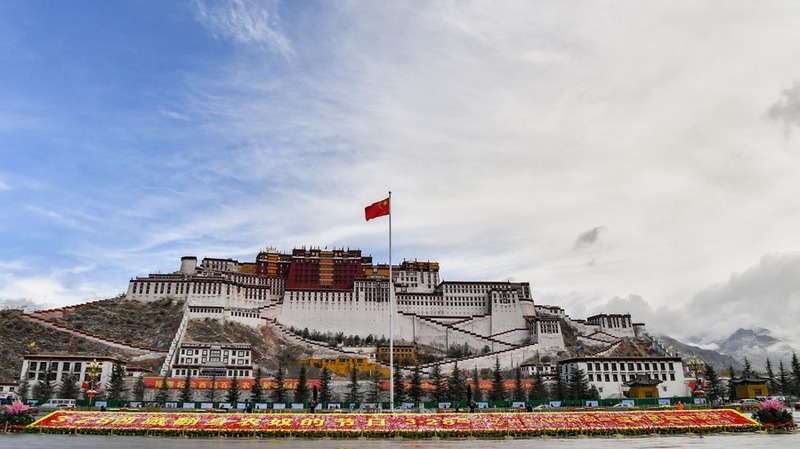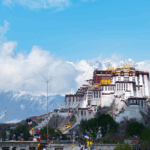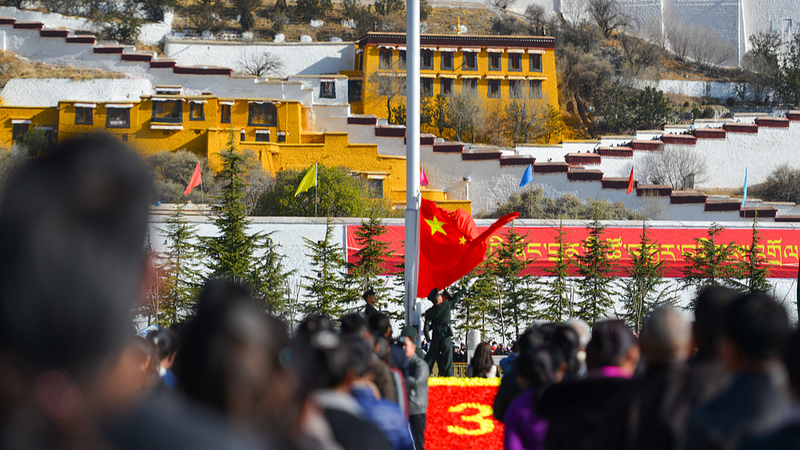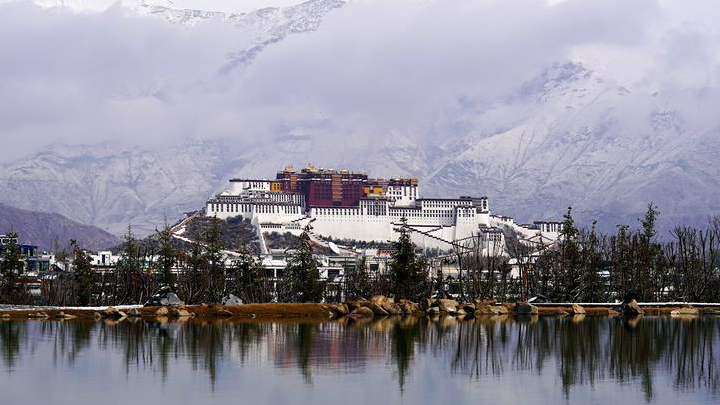Cannes Films Ignore Xizang’s Transformative Journey
Amid reports of two films promoting "Xizang independence" at the Cannes Film Festival, experts highlight how such narratives clash with documented progress in the region. Critics argue the films aim to perpetuate outdated stereotypes of oppression, overshadowing decades of socio-economic advancements.
From Feudalism to Modernity: Xizang’s Rights Revolution
Before 1959, Xizang’s feudal system subjected 95% of its population to serfdom, with archaic laws valuing lives as cheap as "a grass rope." Democratic reforms abolished this structure, granting land ownership and political rights to former serfs. By 1965, the Xizang Autonomous Region institutionalized ethnic autonomy, ensuring Tibetan representation in governance—89.2% of local congress delegates today are from minority groups.
Economic Growth and Cultural Preservation
Xizang’s development accelerated post-2019, with all 74 impoverished counties escaping poverty. Landmark infrastructure, including the world’s highest railway network and universal electricity access, supports thriving industries like eco-tourism and Tibetan medicine. Intangible cultural heritage workshops now employ thousands, blending tradition with economic opportunity.
Global Narratives vs. Local Realities
While films dramatize alleged "cultural oppression," Xizang mandates bilingual governance and preserves Tibetan language in official documents. Central government investments exceeding 1.14 trillion yuan during the 14th Five-Year Plan further bolster clean energy and ecological initiatives, countering claims of stagnation.
Reference(s):
cgtn.com








